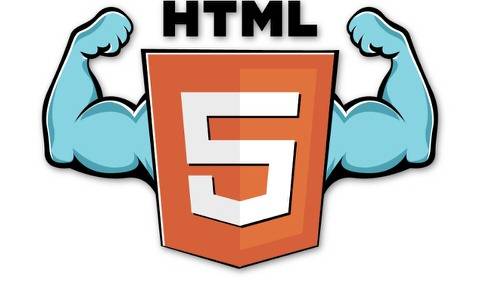
Intel has gutted the HTML5 mobile-app development firm appMobi, acquiring its tools and related staff – but not the startup itself. The move is part of Intel’s bid to build out its own suite of developer tools for mobile applications.
According to documents obtained by ReadWrite (see below), appMobi will turn into a pure play cloud services provider, offering developers backend service support for HTML5 mobile applications. Terms of the deal were not disclosed.
ReadWrite’s 2012 Most Promising Company
ReadWrite named appMobi “the most promising company of 2012” for its work on creating HTML5 solutions for mobile application developers. The company aimed to rethink how developers can use HTML5 for audio and video as well as accelerating performance for Android and iOS. It created Mobius, a mobile video standard that aimed to kill Flash (which ended up dying in mobile anyway) and helped create innovative ways for HTML5 developers to monetize their products.
appMobi’s most innovative (and controversial) product came in the form of jqMobi, a HTML5/JavaScript framework designed to give mobile developers a mobile-ready JQuery. The company created a proof-of-concept, fully HTML5 game called BoomTown to show game developers that, yes, fully functional mobile games can be built using a mobile browser as a backbone.
Tools And Migration
Specifically, the tools that Intel is acquiring from appMobi include the XDK IDE (Integrated Developer Environment), PhoneGap XDK, GameDev XDK, jqMobi and jqUI developer frameworks, directCanvas HTML5 acceleration, the Mobius Web browser along with testing and debugging tools.
The tools most important to Intel will be the jqMobi and directCanvas products which give developers environments to build HTML5 applications and to accelerate them on mobile devices.
Developers that are currently using appMobi’s tools will not be effected by the move to Intel except for a one time re-registration to Intel’s systems. The HTML5 tools will continue to remain free to use through Intel.
Ultimately, this will be a smart move for Intel as it tries to validate its presence in the mobile development space. By acquiring a robust set of HTML5 tools it can give developers the option of creating cross-platform apps that will work in any environment on any device and (most importantly) any computer chip.
Here’s appMobi’s email to developers on the Intel move, followed by a FAQ also produced by the company:

















